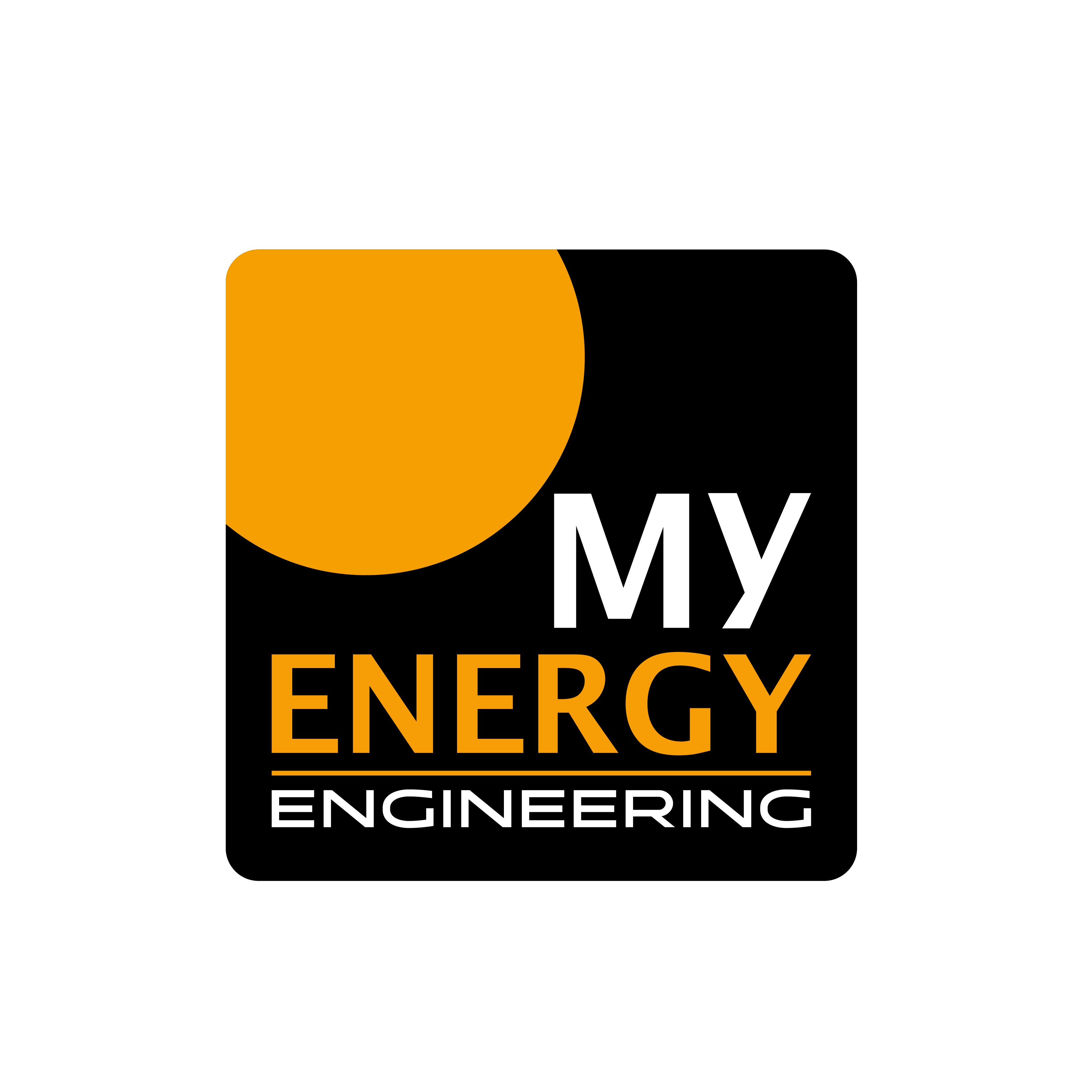Understanding AC vs. DC Coupled Solar Systems: Which Is Right For Your Off-Grid Victron Setup?
When designing an off-grid solar power system, choosing between AC and DC coupling is a critical decision that can significantly impact the efficiency and reliability of your setup. For users of Victron Energy systems, understanding the nuances of AC and DC coupled solar configurations will help you maximise your energy production and meet your specific needs. In this post, we'll explore the differences between AC and DC coupled solar systems and the benefits of each, particularly in relation to Victron systems for off-grid applications.
AC Coupled Solar Systems
What is AC Coupling? In an AC coupled solar system, the solar panels generate DC electricity, which is then converted to AC by a grid-tied inverter. This AC power can be used directly by AC loads in your off-grid setup. Excess energy is fed back into the system to be stored in batteries via the Victron Quattro or Multiplus Inverter Charger. There are a range of AC coupled inverters that work well with Victron power systems. Brands include Fronius, SMA, Fimer and Solaredge.
Benefits of AC Coupling with Victron Systems:
- Flexibility and Scalability: AC coupling allows for easy integration and expansion. You can add more solar panels or battery storage without significant reconfiguration.
- Heat Management: By converting DC to AC at the AC coupled inverter and feeding AC power into the system, It reduces the work your inverter charger has to do, reducing the thermal load on your inverter charger. This potentially allows your system to deliver more power than it is rated to do.
- Flexible Installation: AC coupled systems can be installed away from the main battery system, such as on sheds, the house or outbuildings. This allows for adding solar panels and using existing infrastructure to feed power back to the inverter charger system.
- High Efficiency: AC coupling can be more efficient when site energy consumption is high during the day, directly utilising solar power.
- Seamless Integration: Victron inverters and chargers are designed to work seamlessly with AC coupled inverter systems, providing robust monitoring and control through the Victron Energy system.
DC Coupled Solar Systems
What is DC Coupling? In a DC coupled solar system, the solar panels generate DC electricity, which is directly stored in a battery or converted to AC by an inverter for immediate use. The battery is charged via a DC charge controller.
Benefits of DC Coupling with Victron Systems:
- Efficiency in Storage: DC coupling is often more efficient for systems that prioritise battery storage, as it reduces the number of conversions (DC to AC and back to DC).
- Cost-Effectiveness: DC coupled systems can be more cost-effective, particularly for off-grid applications, as they require fewer components.
- Simplified System: DC coupling simplifies the system architecture, making it easier to install and maintain, which can be advantageous in remote or off-grid locations.
- Optimised Charging: Victron's MPPT solar charge controllers ensure optimal charging of batteries, maximizing the efficiency and lifespan of your battery bank.
Benefits of Combining AC and DC Coupling in Off-Grid Systems
For off-grid applications, combining AC and DC coupling can provide the best of both worlds. Here's how:
- Maximised Efficiency: DC coupled systems are highly efficient for storing solar energy in batteries, while AC coupled systems can effectively handle daytime loads directly from solar panels.
- Enhanced Flexibility: A hybrid system allows for the flexibility to handle various energy demands and load types, improving overall system performance.
- Redundancy and Reliability: Having both AC and DC coupled components adds redundancy, ensuring continuous power supply even if one part of the system experiences issues.
- Scalable Solutions: Combining both systems allows for easier scaling of your off-grid power setup, accommodating future expansions without major overhauls.
Choosing the Right System for Your Off-Grid Needs
Consider Your Energy Usage:
- If your energy usage is primarily during the day, integrating AC coupling might provide more immediate benefits.
- If you prioritise storing energy for use during non-sunlight hours, DC coupling is essential.
- AC coupled systems offer more flexibility for expanding setups, making them ideal for future-proofing your off-grid solution.
- DC coupled systems are straightforward and effective for initial installations, especially in remote areas.
Integration with Victron Systems: Both AC and DC coupled systems can be integrated with Victron Energy products, allowing for comprehensive energy management, monitoring, and control. Victron's extensive range of compatible components ensures that whether you choose AC, DC, or a combination of both, your system will be efficient and reliable.
Understanding the differences between AC and DC coupled solar systems is essential for optimizing your energy production and storage in off-grid scenarios. Victron Energy systems are versatile and capable of supporting both configurations, providing you with the flexibility to choose the best solution for your specific needs. Whether you prioritise efficiency, cost, or simplicity, Victron Energy has the products and expertise to help you build a robust and reliable off-grid solar power system.
For more information on how Victron Energy systems can be tailored to your specific off-grid needs, or for assistance in designing your solar power setup, contact us at MyEnergy Engineering. Our team is here to help you harness the power of the sun, whether you choose AC, DC, or the combination of both.
 MyEnergy Engineering
MyEnergy Engineering
